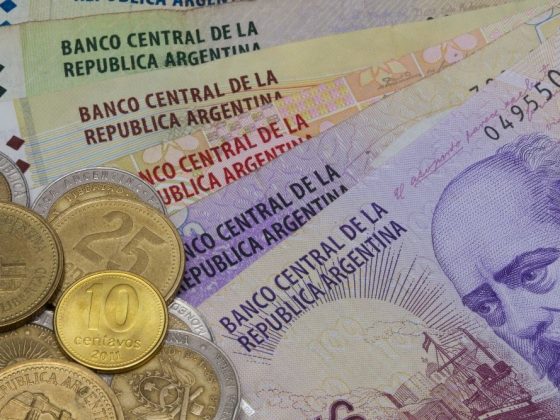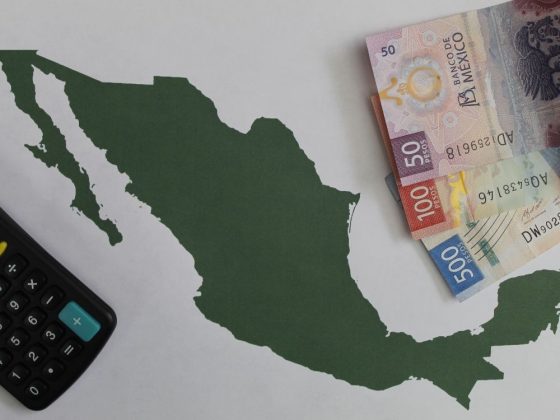Inflation in the US continued its downward trend in August, latest data has shown, providing hope for additional interest rate cuts by the Federal Reserve.
The Personal Consumption Expenditures (PCE) price index, the Fed’s favored measure of inflation, rose by just 2.2% year-over-year, down from 2.5% in July.
This is the lowest inflation rate since February 2021, marking significant progress toward the Fed’s 2% target.
On a month-over-month basis, prices edged up by 0.1%, matching economists’ expectations.
However, “core” inflation, which excludes volatile food and energy prices, rose slightly to an annual rate of 2.7% in August, up from 2.6% in July.
Despite this increase, the month-over-month core inflation figure remained stable at 0.1%, matching July’s rate.
Fed officials divided over future rate cuts
The cooling inflation figures come on the heels of a half-point interest rate cut by the Federal Reserve earlier this month.
The cut, which was larger than the typical quarter-point adjustment, was driven by signs of slowing inflation and labour market conditions.
“All quiet on the inflation front,” said Chris Larkin, managing director at E-Trade from Morgan Stanley in a CNBC report.
He added that inflation continues to moderate without economic growth showing significant signs of a downturn. He added:
Add today’s PCE Price Index to the list of economic data landing in a sweet spot. Inflation continues to keep its head down, and while economic growth may be slowing, there’s no indication it’s falling off a cliff.
The Federal Reserve has signalled another potential half-point reduction in November, with additional cuts likely in 2025.
However, not all Fed officials are convinced.
Fed Governor Michelle Bowman, the only official to vote against the half-point cut, has expressed concerns that such aggressive cuts could “unnecessarily” fuel demand and push prices higher.
Bowman’s caution reflects a more measured approach to rate cuts, with an emphasis on achieving the Fed’s inflation goal before easing further.
Meanwhile, Fed Governor Christopher Waller has voiced support for the larger cuts, citing August’s Producer Price Index (PPI) data, which showed a slowdown in wholesale prices.
Waller noted that lower PPI numbers signal lower consumer prices in the months ahead, justifying the more aggressive rate reduction.
All eyes on Fed’s November meeting
Despite the progress on inflation, personal spending and income data for August came in below expectations.
Personal income rose by just 0.2%, falling short of the 0.4% increase forecast by economists.
Personal spending also rose 0.2%, missing the 0.3% estimate.
Market reactions to the report were mixed. Stock market futures turned positive following the release, while Treasury yields dipped.
The inflation report strengthens the case for further rate cuts later this year. Chris Zaccarelli, chief investment officer at Independent Advisor Alliance, said:
To the extent that inflation remains under control – and we continue to trend in that direction – the Fed can focus almost entirely on the labor market, which means a rate cutting bias.
However, Fed officials remain cautious, balancing the need to control inflation with the desire to support a labor market that has shown signs of weakening.
The upcoming Federal Reserve meeting will likely see continued debate over the pace of future cuts, as policymakers weigh inflation progress against broader economic trends.
The post PCE report reveals cooling inflation in August—are more rate cuts on the horizon? appeared first on Invezz


